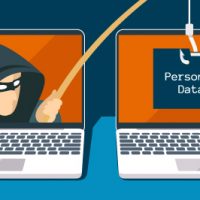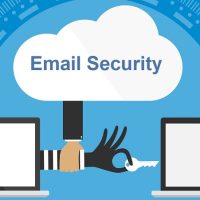With the increasing reliance on digital technologies, businesses of all sizes are facing an ever-growing number of cybersecurity threats that can result in significant financial losses, damage to reputation, and even legal consequences. In this article, I will discuss the top five risks that businesses face in cybersecurity and provide actionable steps that can be taken to reduce these risks.
The Importance of Independent Cybersecurity Assessments
Periodic third-party cybersecurity assessments are a critical component in the security strategy of organizations of all sizes. These assessments provide an external view of an organization’s cybersecurity posture, highlighting areas where security can be enhanced to mitigate risks, reduce the likelihood of a hack, and lessen the impact of a successful breach. The importance of these assessments stems from their ability to identify gaps in IT policies, training, system patch levels, network configurations, and password strength among other areas.
Protecting the Network Perimeter: Strong Firewalls are Key
Defending a network’s perimeter is a critical aspect of cybersecurity for businesses, government agencies, and non-profits alike. A network perimeter acts as the first line of defense against cyber threats, safeguarding valuable data and resources from unauthorized access and cyber attacks. This defense is particularly important in an era marked by sophisticated and frequent cyber threats.
Seven Key Cybersecurity Trends Worth Watching
Our research focuses on not only analyzing the current threats, but also the threat trends that we identify. This year we have seven key trends we’re watching closely.
Important Email Security Changes Coming in February: DMARC, DKIM and SPF
As we approach February 2024, significant changes loom over the horizon for email communication. Major email service providers, including Google, Microsoft, Yahoo, and Apple, are setting the stage for more rigorous enforcement of email authentication standards to curb spam, phishing, and malware threats.





